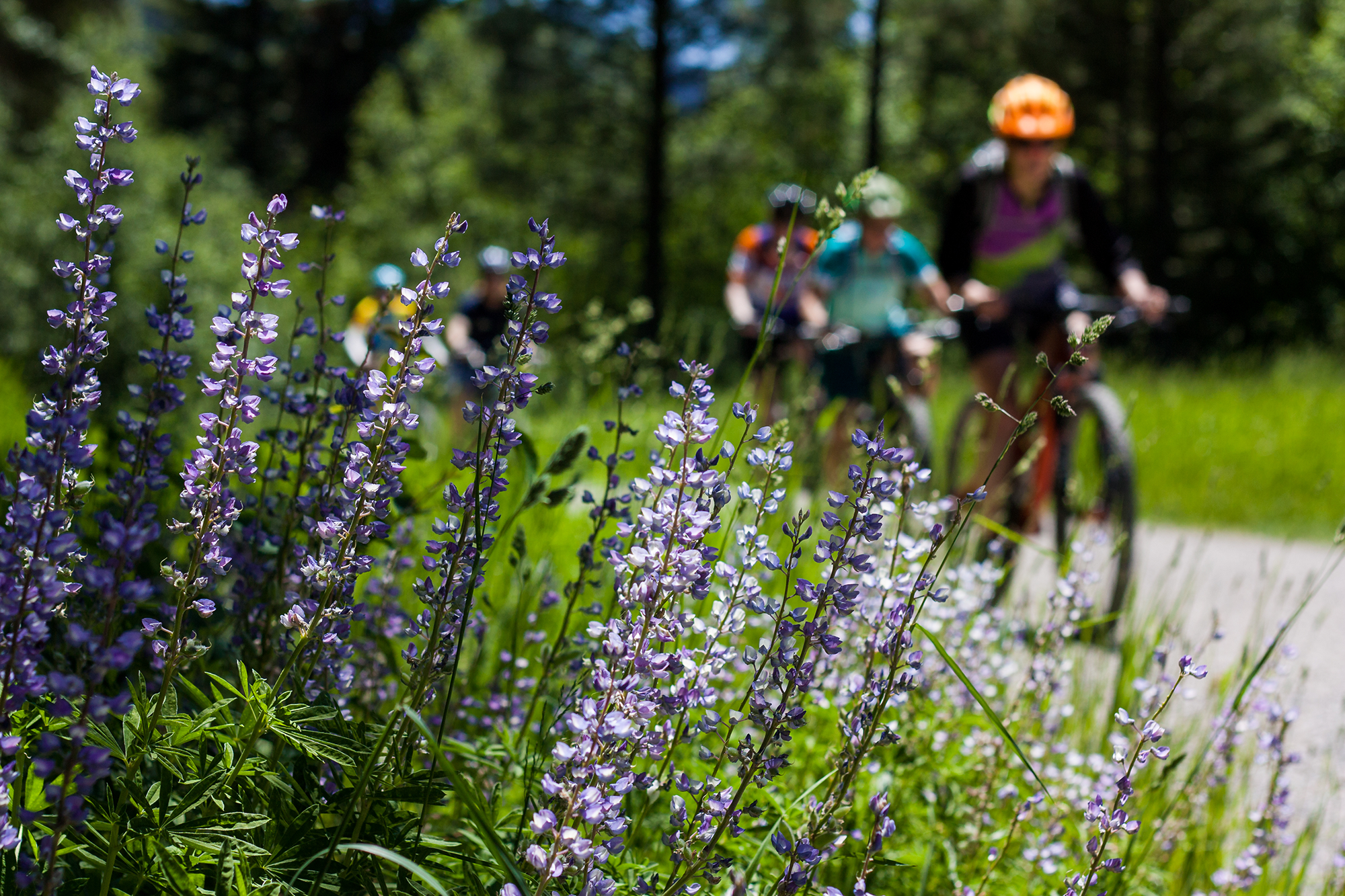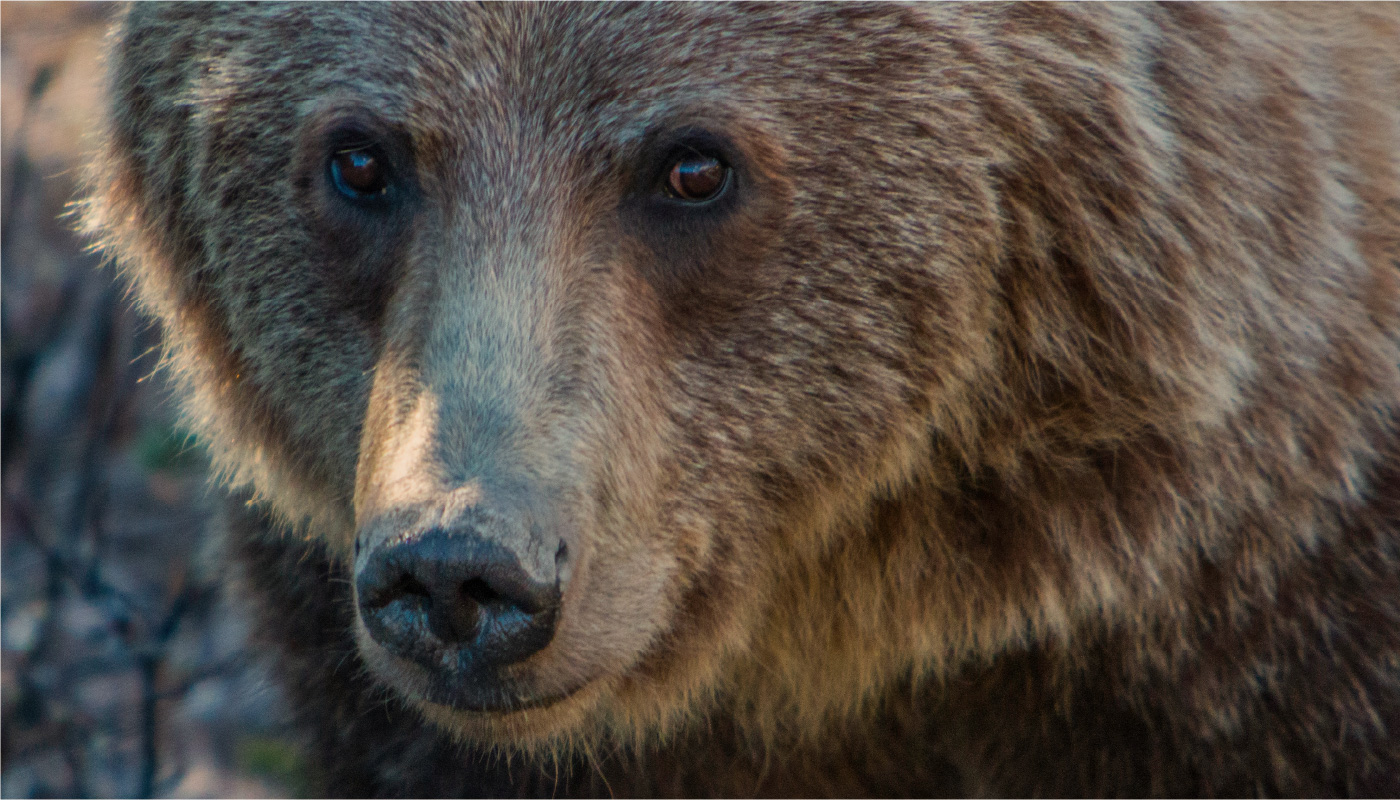The following opinion piece, written by Sarah Palmer, Y2Y director of conservation programs, originally appeared in CBC’s Opinion section on on May 30, 2020.
Albertans have a rich history, one intertwined with the outdoors, from the prairies to our rolling foothills and mountains.
It’s a history that includes independent and proud people who take risks, make tough decisions, explore and invest in new ideas, and who have experienced the boom and bust cycle that has defined Alberta’s economy since the 1970s.
Facing the new context of COVID-19, combined with a multi-year oil price slump, we again face tough decisions.
Economists agree the resource extraction Albertans and all Canadians rely on — coal mining, oil and gas and forestry, already struggling to provide stable employment and revenue — are unlikely to recover quickly, putting many people and their communities in a difficult position.
Albertans will carry on and move forward from the major impacts of a global pandemic and market-based fluctuations in oil prices. As they do so, is there not an obligation to explore new ideas and invest in ventures to make a lasting and positive change for this province?
Parks are special places
Albertans are saying yes to the need to work toward economic stability and sustainability, and one of the ways to do that is to invest in provincial parks.
Our parks are special places enjoyed by visitors from near and far. This contributes to local jobs, businesses, sustainable economic well-being, community resilience and our health and social wellness.
Albertans agree. A 2008 survey found 89 per cent of Albertans believe parks and recreation facilities and services improve quality of life.
We also recognize that parks bring millions of visitors to rural communities each year, providing jobs and economic opportunity.
Yet, this spring, just before the world was turned on its head by the pandemic, the Alberta government decided to partially or fully close 20 parks and offload the management of an additional 164 parks to third party managers.
Tens of thousands of Albertans were surprised, and their response was swift and furious.
The public health crisis has again underscored the importance of Alberta’s parks: environmentally, economically and for our well-being.
Phase 1 of the government’s Covid-19 relaunch emphasizes the value of outdoor recreation to Albertans’ overall health, and the importance of employment in Alberta Parks to the provincial economy.
Not only should the decision to close parks be reversed, but the government would be wise to fast track the creation of new parks to accommodate visitors, with all major summer gatherings and events in cities cancelled.
Without this and with non-essential interprovincial travel still discouraged, random camping on public lands, which are under the jurisdiction of rural municipalities, will be the most accessible option. That’s hard on the land and water, and it’s hard on municipalities that lack enforcement capacity.
Parks have always been in high demand. Pre-COVID, 76 per cent of adult Albertans said they participate in some form of outdoor recreation and 86 per cent would prioritize non-motorized recreation in wilderness areas over motorized recreation.

Listen to the voices of Albertans
Alberta Parks data shows campgrounds in the Castle region saw an 80 per cent increase in camper nights between 2017 and 2018, with hiking, camping, walking, campfires and fishing cited as top priorities for visitors.
Parks contribute to our economy and provide jobs — every public dollar spent on parks returns $6 to the economy.
Visitors to Alberta’s parks spend $1.1 billion annually.
Parks protect “natural assets” at the core of our provincial identity, cherished by Albertans and visitors. Reopening all parks and establishing new ones also responds to the overwhelming outrage by Albertans to the government plan to “optimize” parks, as well as the loud demand for park access.
The government should listen to the voices and ideas of Albertans who value parks for economic, environmental and social reasons and consider responsible use of parks as a fundamental element of restarting our economy.
It’s time to apply visionary thinking to our greatest asset and make it a part of our heritage — and our shared future.


